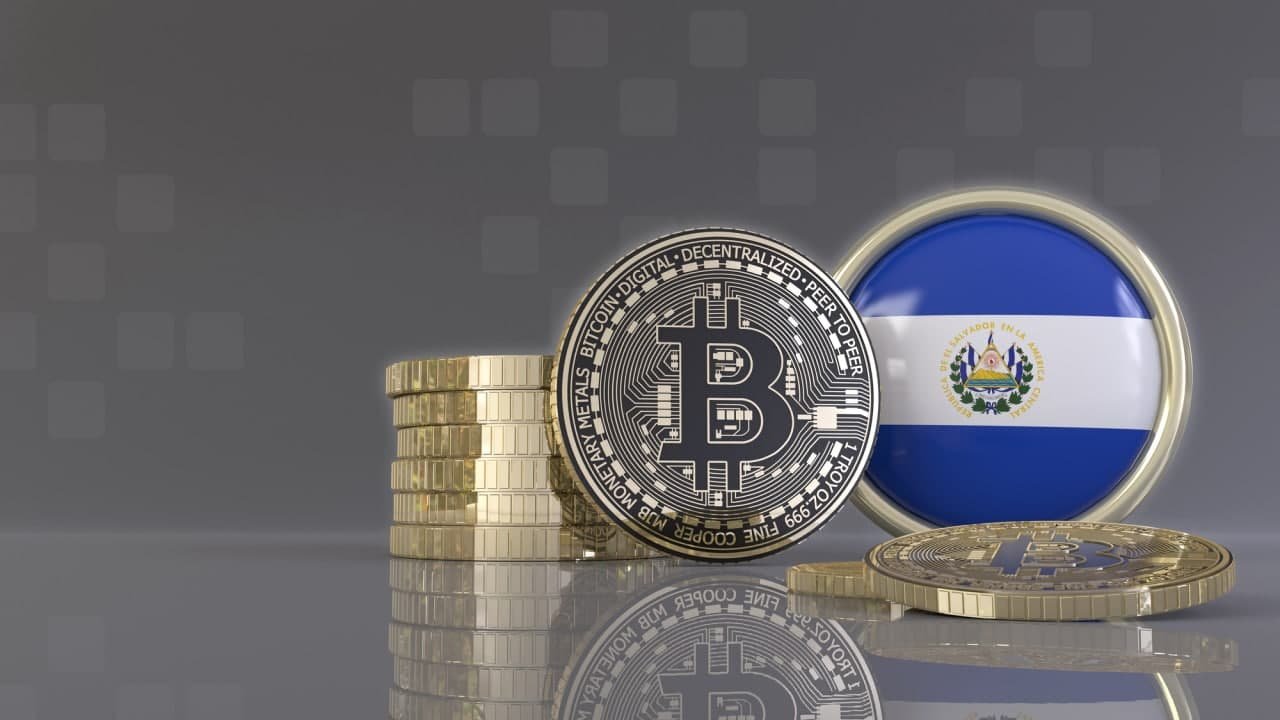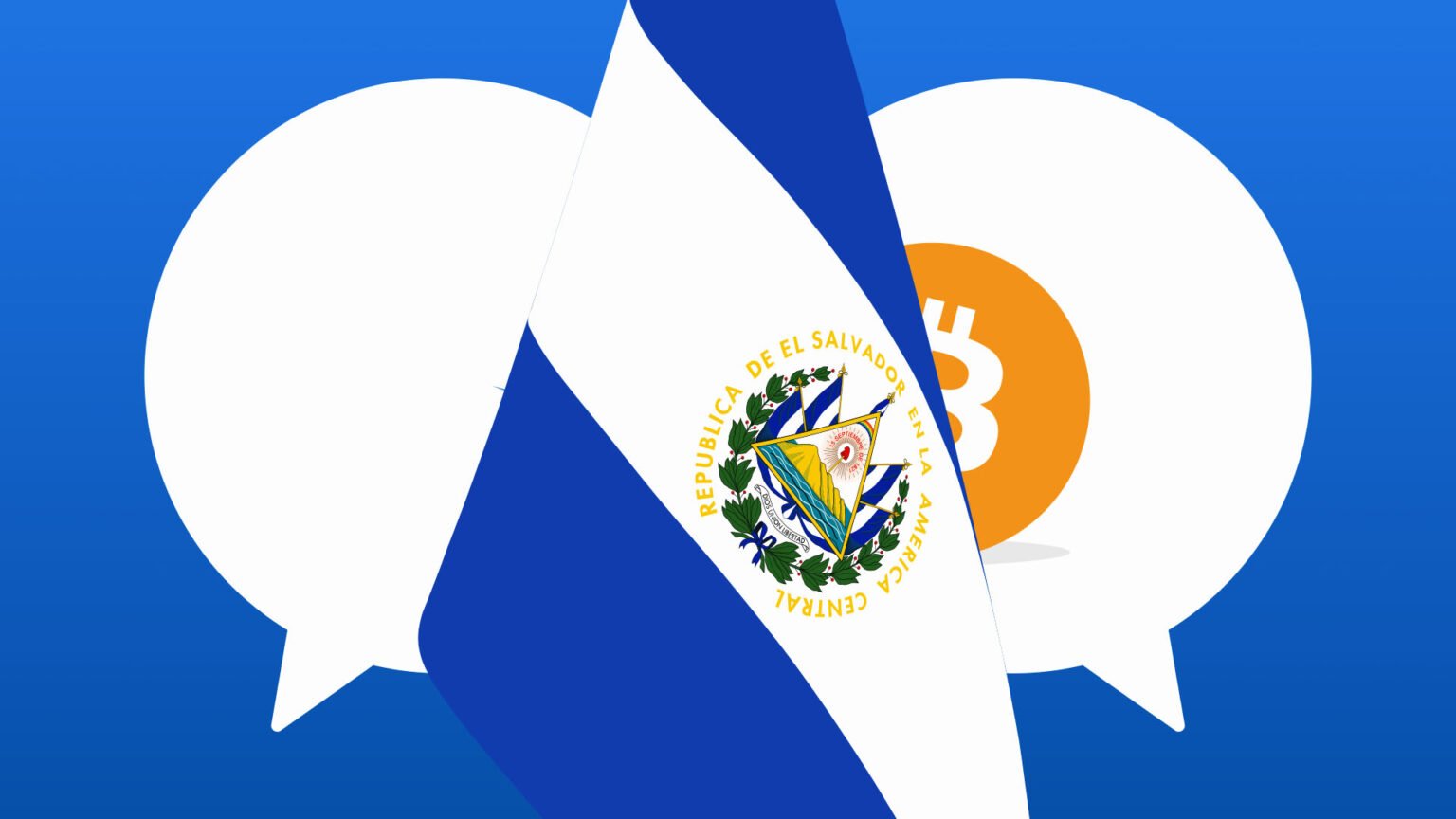El Salvador has reversed Bitcoin’s legal tender status in a major legislative change under the influence of economic difficulties and foreign pressure. This action comes almost four years after the nation made news by being the first to officially embrace cryptocurrencies alongside the US dollar. Bitcoin Transaction Trends, President Nayib Bukele first supported. The adoption is a radical first step towards economic development and financial innovation. However, the latest repeal captures the difficulties and complexity of including distributed digital money within a national economy.
El Salvador’s Bitcoin Adoption Origins
El Salvador passed the Bitcoin Law in September 2021, requiring the acceptance of Bitcoin for all transactions—including tax payments. This project sought to draw international capital, lessen dependency on the US dollar, and give the unbanked populace financial services.
To ease the change, the government set up Bitcoin ATMs all around and unveiled the “Chivo Wallet,” a state-sponsored digital wallet. Notwithstanding these initiatives, many both domestically and outside questioned the approach.
Still exempt from capital gains
While most of BTC’s features as a currency have been destroyed by Bukele’s government, the January 29, 2025 modification keeps the capital gains exemption on transactions. Furthermore, the government could consider it a reserve asset. The IMF also expects the government to sell or shutter.

It’s a once-state-backed Chivo wallet. Chivo gained a bad reputation for its poor introduction, and El Salvadorans never adopted it very widely. Under an agreement with the IMF to release $1.4 billion in loans, the above changes to El Salvador’s laws are part of an extra $2.1 billion that will come from the World Bank and Inter-American Development Bank.
Bitcoin’s Legal Tender Status
In January 2025, under mounting economic pressures and the necessity to secure international financial support, President Bukele’s administration submitted a proposal to amend the Bitcoin Law. The Legislative Assembly, dominated by the ruling party, approved the reforms with a 55–2 vote. Key changes included:
-
Voluntary Acceptance: Merchants are no longer obligated to accept Bitcoin as payment; its use is now optional.
-
Tax Payments: Taxes and fees are to be paid exclusively in U.S. dollars, eliminating Bitcoin as a medium for tax obligations.
-
Currency Status: Bitcoin is no longer recognized as legal tender but can still be used as a digital asset for investment and savings.
This policy shift was significantly influenced by negotiations with the IMF for a $1.4 billion loan. The IMF stipulated the revocation of Bitcoin’s legal tender status. As a condition for financial assistance, aiming to mitigate associated economic risks.
Summary
The legal currency status of Bitcoin being revoked has various ramifications. El Salvador wants to stabilize its economy and rebuild. Confidence among investors and foreign partners by going back to limited use of the U.S. dollar for official transactions. Bitcoin Reserve Creation Bill, Following IMF suggestions, might help. El Salvador’s reputation with international financial institutions, therefore enabling access to more investment and aid. Although Bitcoin is no longer legal cash. The government keeps pushing its usage for digital asset investments. Especially via its “Bitcoin City” project and continuous Bitcoin mining operations run under geothermal energy.
[sp_easyaccordion id=”2628″]


